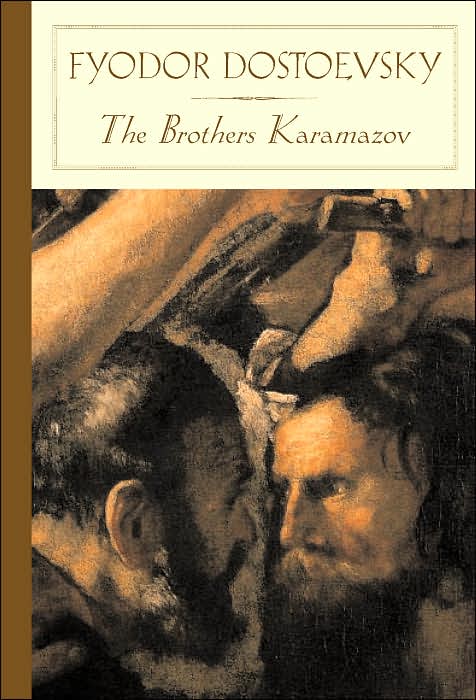
Exodus 12: 1-14
John 13: 1-17; 31b-35
Maundy Thursday
It has been said that if you want to change someone’s culture you start by changing their food. Food, it seems, shapes the culture that eats it as much as the other way around. I’m sure that it is as debatable as the chicken and the egg debate, which comes first, the food or the culture, but no matter how you look at it, food is a remarkably reliable commentary on the people who eat it.
I have had the privilege of traveling around the world over the past few years, and the things that stand out most in my mind about each place is the food, how it seems to perfectly match the people that it sustains. In Israel and Palestine, the food was warm and inviting, but relatively complicated in it’s diversity and arrangement so that you never fully knew what to expect—just like the people. In Brazil, the food was a bit more robust, a bit bolder, and yet somehow more simple, more predictable in its passion—as if were an edible commentary on Brazilian society. The English like their food to be functional and filling, no time to mess around with frills and the like, eat your meal and get on with it! In Mexico, the food is as simple and as beautiful as the locals—spicy, warm, invigorating. The French—complicated and captivating. The Germans—solid and stable. America—diversely homogenous. What we eat reveals, or perhaps shapes, us more than anything else. If you really want to get to know someone, invite yourself over for dinner at their house. Eat with them.
This, of course, is only news to us American Protestants. The Jews have known this forever. That’s why what they eat matters so much to them. One Jewish guy that I know is particularly difficult to go out to eat with. He always has to ask if they have a kosher menu, and if they don’t (we are in North Carolina after all—even the chicken is pork-based) we have to go somewhere else.
When I asked him what difference it really makes what he eats he said, “For us Jews, every detail of our lives is God’s business. Our God is deeply concerned with who we are, and nothing constitutes our being more than what we eat. Any God that doesn’t tell you what to do with your pots and your pans isn’t worth worshipping.”
Sounds like someone who has digested Exodus 12. In our Old Testament reading this evening, Israel has been in bondage for nearly 400 years. Being swallowed up by the Egyptian culture for that long, they have begun to lose their identity. They speak Egyptian, now. They know how to build Egyptian architecture. They know how to shop in Egyptian stores. They know how to eat Egyptian food. The people of God have lost their culture.
If God is going to deliver Israel from being slaves of Pharaoh to being children of God, God is going to have to change who fundamentally they are. God is going to have to change their entire way of thinking, of being, of living. God is going to have to change how they relate to each other, how they live in the world, how they raise their children. In order to deliver Israel, God is going to have to change Israel’s culture. God decides to start with their food.
While they were still in Egypt, on the eve of being freed and yet still in bondage, God gives them a cooking lesson. It seems to me that there may be other things that they should be doing, like packing, for example. But God, determined to change God’s people as much as their location, tells them to have a meal. “Get a lamb for every household and roast it, for God’s sake don’t boil it! Everyone in the house of Israel is to come to this table,” says God. “As they come, they should gird up their loins, eat hurriedly,” like they are actually expecting God to do something soon. Perhaps most importantly, “mark this meal with the blood of the slain lamb,” says God. “This shall become for you a reminder of the night which I saved you from bondage.” Even if Israel didn’t understand what was going on at that moment, God was changing their culture. Eating, for Israel, becomes a participation in and a sign of their salvation.
By the time we get to our New Testament reading tonight, Jews are well aware of the implications of eating. Don’t miss the significance of the setting. Jesus and his disciples, on the eve of our deliverance, had gathered to eat. This is about culture—who they are. Cultures are based around food. As they were gathered around the table to re-enact the story from Exodus 14, loins girded, lamb roasted, bitter herbs seasoned, another cultural shift takes place. The other evangelists recount the words of the supper. “Jesus takes the bread, he blesses it, and he breaks it and he says take, eat, this is my body broken for you. Then after supper, he takes the cup, he gives thanks over the cup and then he gives it to his disciples and says drink from this, all of you. This is my blood of the new covenant poured out for you and for many. Do this as often as you drink it, in remembrance of me.” It seems that a new culture for God’s people is taking shape. This culture will be based on the body and blood of Christ.
While the other Gospel writers give us the words, John gives us the action of this meal. “Jesus gets up, takes off his outer garments, wraps his waist like a servant, and washes his disciples’ feet. After he had finished this, he offered them a new commandment. Love one another, as I have loved you.” Love, love like that of our savior, giving up his own life that we might live, is now our culture. Love, like that blood that was poured out to quench the thirst of the world, is now what marks who we are. We eat and we drink as a sign of and a participation in our salvation. We eat this meal of love, hoping that we are become a people who’s culture is love.
Not that we really have a choice in the matter. We call tonight Maundy Thursday, from the Latin Maundatum Novum, “New Commandment.” Jesus didn’t request our presence at this meal. He didn’t request that we love each other. Just like in Exodus chapter 12, Jesus joins in the divine act of commanding. Take, Eat, I’m making something out of you that you could never imagine. Take, Drink, from this time on you are going to be marked by the blood of the lamb. Love one another, this is how I am making myself known in the world. We get together tonight to re-hear this command from God, to anticipate the sacrificial love that has claimed our lives, and then to eat together to have our culture of love made manifest in us. See this bread and this wine, these signs of your deliverance, these elements of your salvation? See this table, this meal of love laid out for you? Take and eat.







No comments:
Post a Comment